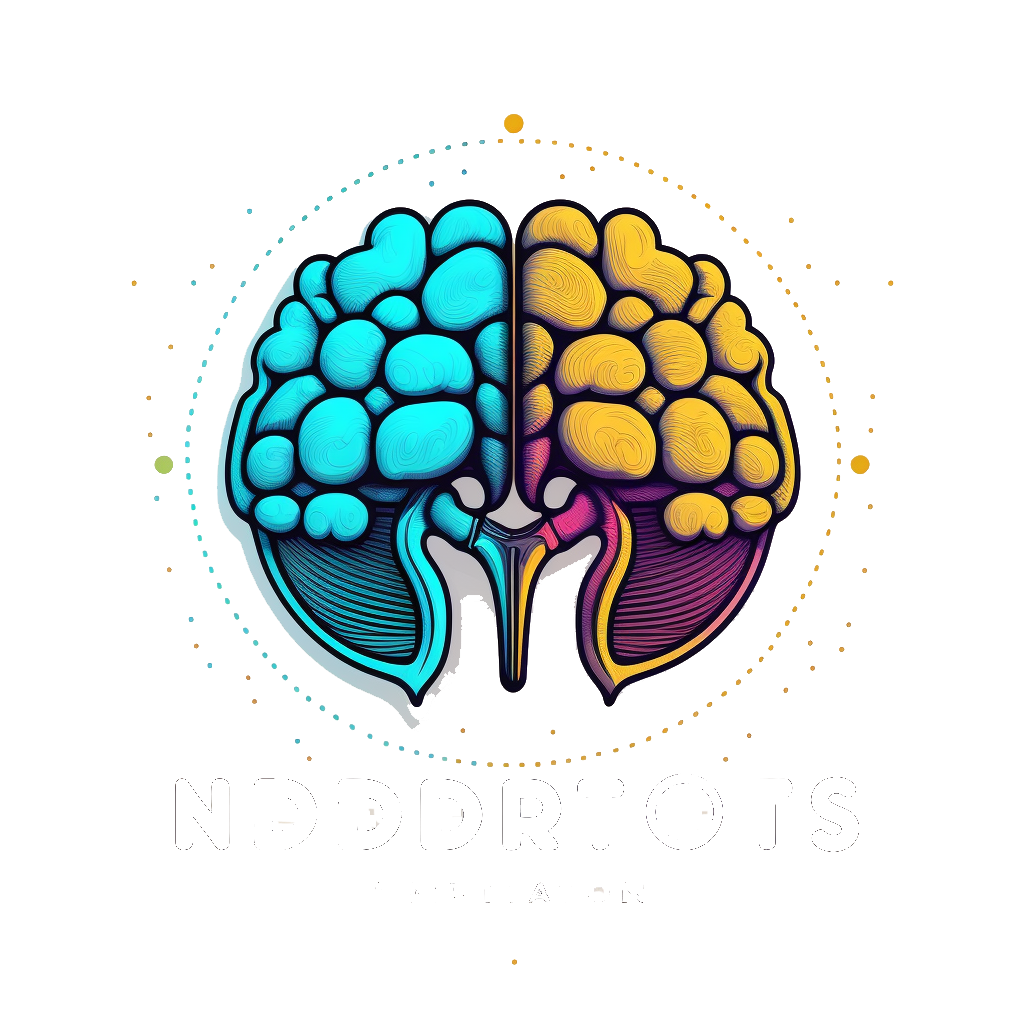Resveratrol is a natural polyphenolic compound that belongs to the stilbene family. It is primarily found in grapes, berries, peanuts, and red wine. Resveratrol has gained significant attention in recent years due to its potential cognitive-enhancing effects and overall health benefits.
More Than Just Grapes
Resveratrol was first isolated and identified in 1940 by a Japanese researcher named Michio Takaoka. He extracted the compound from Veratrum grandiflorum, a plant commonly found in East Asia.
The compound gained further attention in the 1990s when scientists began investigating the potential health benefits of the Mediterranean diet, which includes red wine. Resveratrol was identified as one of the bioactive compounds responsible for the health-promoting properties of red wine.
Neuroprotective Effects
One of the primary benefits of resveratrol as a nootropic is its neuroprotective effects. Resveratrol acts as a powerful antioxidant, helping to neutralize harmful free radicals and reduce oxidative stress in the brain.
Oxidative stress is known to contribute to age-related cognitive decline and neurodegenerative diseases. By reducing oxidative stress, resveratrol may help protect neurons and support overall brain health.
Moreover, resveratrol has been found to activate several cellular pathways and proteins that promote neuronal survival and protect against neurodegeneration. It has been shown to enhance the activity of sirtuins, a group of proteins involved in various cellular functions, including aging and stress response.
Cognitive Enhancement and Memory Improvement
Resveratrol has been studied for its potential cognitive-enhancing effects. It has been found to improve cognitive function, memory, and learning ability.
Resveratrol’s mechanisms of action include its ability to enhance cerebral blood flow, increase neurogenesis (the formation of new neurons), and modulate neurotransmitter systems involved in memory and cognition.
Furthermore, resveratrol has been shown to activate the silent mating type information regulation 2 homolog 1 (SIRT1) enzyme, which plays a role in regulating energy metabolism and cellular processes. By activating SIRT1, resveratrol may support mitochondrial function, enhance energy production in the brain, and promote optimal cognitive performance.
Anti-Inflammatory and Cardiovascular Benefits
Resveratrol exhibits potent anti-inflammatory properties, which can indirectly benefit cognitive function. Chronic inflammation has been linked to cognitive decline and neurodegenerative diseases.
Resveratrol helps reduce inflammation by inhibiting the production of inflammatory molecules and modulating inflammatory signaling pathways. By reducing neuroinflammation, resveratrol may help preserve cognitive function and protect against age-related cognitive decline.
Additionally, resveratrol has been shown to have cardiovascular benefits. It helps promote healthy blood vessels, reduce blood clot formation, and improve blood flow. Optimal cardiovascular health is essential for proper oxygen and nutrient delivery to the brain, thereby supporting cognitive function.
Resveratrol, a natural polyphenolic compound found in grapes, berries, peanuts, and red wine, offers several potential cognitive-enhancing benefits. Its neuroprotective effects, ability to enhance cognitive function and memory, and anti-inflammatory and cardiovascular benefits make it a promising nootropic compound.
While research on resveratrol is ongoing, studies suggest that it may have positive effects on brain health and cognition. However, it is important to note that the bioavailability of resveratrol can be limited and because of that many people have chosen to supplement with pterostilbene as well.
